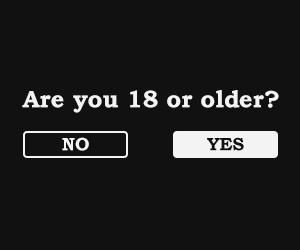[PART 2] SC Issues Guidelines on Search Warrant Implementation
Author: 79467545 • 77 views • 2025-02-13 17:58:33
Generally, officers implementing a search warrant must announce their presence, identify themselves to the accused and to the persons who rightfully have possession of the premises to be searched, and show to them the search warrant to be implemented by them and explain to them said warrant in a language or dialect known to and understood by them.
The requirement is not a mere procedural formality but is of the essence of the substantial provision which safeguards individual liberty. No precise form of words is required. It is sufficient that the accused has notice of the officers, their authority and the purpose of the search and the object to be seized. It must be emphasized that the notice requirement is designed not only for the protection of the liberty of the person to be searched or of his property but also the safety and well-being of the officers serving and implementing the search warrant. Unless the person to whom the warrant is addressed and whose property is to be searched is notified of the search warrant and apprised of the authority of the person serving the warrant, he may consider the unannounced intrusion into the premises as an unlawful aggression on his property which he will be justified in resisting, and in the process, may cause injury even to the life of the officer implementing the warrant for which he would not be criminally liable.
Also, there is a very real possibility that the police serving and implementing the search warrant may be misinformed as to the name or address of the suspect, or to other material affirmations. Innocent citizens should not suffer the shock, fright, shame or embarrassment attendant upon an unannounced intrusion. Indeed, a lawful entry is the indispensable predicate of a reasonable search. A search would violate the constitutional guarantee against unreasonable search and seizure if the entry were illegal, whether accomplished by force, or by threat or show of force or obtained by stealth, or coercion.
Unannounced intrusion into the premises is permissible when
(a) a party whose premises or is entitled to the possession thereof refuses, upon demand, to open it;
(b) when such person in the premises already knew of the identity of the officers and of their authority and persons;
(c) when the officers are justified in the honest belief that there is an imminent peril to life or limb; and
(d) when those in the premises, aware of the presence of someone outside (because, for example, there has been a knock at the door), are then engaged in activity which justifies the officers to believe that an escape or the destruction of evidence is being attempted. Suspects have no constitutional right to destroy evidence or dispose of evidence.
However, the exceptions above are not exclusive or conclusive. At times, without the benefit of hindsight and ordinarily on the spur of the moment, the officer must decide whether or not to make an unannounced intrusion into the premises. Although a search and seizure of a dwelling might be constitutionally defective, if the police officers’ entry was without prior announcement, law enforcement interest may also establish the reasonableness of an unannounced entry. Indeed, there is no formula for the determination of reasonableness. Each case is to be decided on its own facts and circumstances. In determining the lawfulness of an unallowed entry and the existence of probable cause, the courts are concerned only with what the officers had reason to believe and the time of the entry." (Courtesy of the Supreme Court Public Information Office).
Case tile: People of the Philippines, vs. Lucky Enriquez y Casipi, G.R. No. 264473. August 07, 2024.
To share this notes please copy this URL and send it to your friends
Important :
This text must comply to our Terms and Conditions otherwise it will be removed from our Server.





